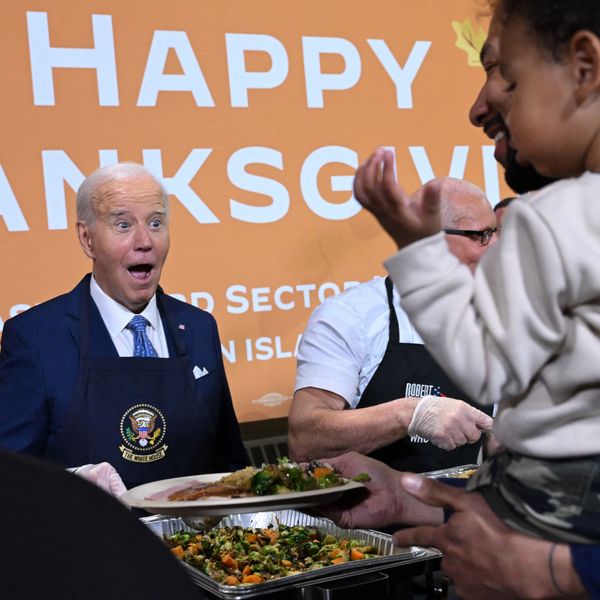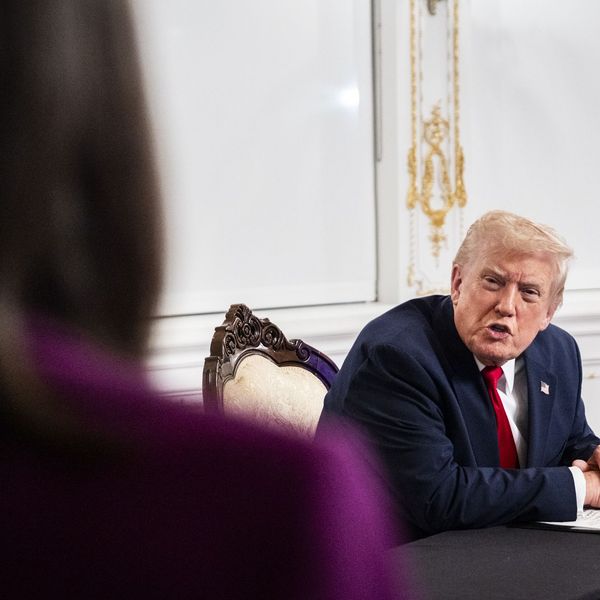This Thanksgiving season, the nation should finally commit itself to bridging the socioeconomic divide between the descendents of those who came together during the first Thanksgiving: the Native Americans and the white newcomers. More than cranberry sauce and turkey, this type of reflection and action is essential to the holiday season.
Recently, President Barack Obama hosted a White House Tribal Nations conference with representatives from all 564 federally recognized U.S. tribes. Bringing "about meaningful change for those who had, for too long, been excluded from the American dream," was a driving force behind his presidential bid, Obama said. "And few have been more marginalized and ignored by Washington for as long as Native Americans, our first Americans." The president's words deeply resonate with the findings in my upcoming report, "Challenges to Native American Advancement."
This Institute for Policy Studies report reviews a federal policy that, for most of U.S. history, was more apt at removing land and natural resources from American Indians than protecting their resources and property as was agreed to in federally recognized treaties.
Whether it was the allotment system, a kind of privatization of Indian land that resulted in transferring about 100 million acres to non-Native Americans, or the Reagan administration's "New Federalism," which in the name of self-determination cut funding for American Indian development, the federal government has too often blocked Native American advancement rather than supported it.
Over the last few decades, Native Americans have made important gains in cutting poverty rates and unemployment while increasing their educational levels. Yet even with these gains, Native Americans are nowhere near parity with white Americans. For example, in 2007 Native Americans had a poverty rate of almost 25 percent, triple the white poverty rate. In this weak economic condition, American Indians face a serious challenge in today's "Great Recession." During the 1980s recession, Native Americans on reservations saw a decline of real family income that lasted for a decade. We can't let this history repeat itself.
If the country is serious about the words Obama spoke during the White House Tribal Conference, where he stated he is "absolutely committed...that [American Indians] can be full partners in the American economy and...have an equal shot at pursuing the American dream," then federal investment will be necessary to finally turn the page on the history where America marginalized and alienated the "first Americans."
It was through years of intentional and focused government policy that American Indians were separated from the wealth and resources that were properly theirs. It's through intentional and focused government policy that Native Americans will once again receive their rightful share of the wealth of this land.
During this Native American Heritage month and Thanksgiving season, let's as a country unite behind the president's call and demand that the plight of American Indians be at the forefront of the effort to rebuild the American economy.


